After World War II, African-Americans were searching for the hope of better lives without the stress of racial discrimination. Hundreds of thousands of black families migrated all around the West Coast after leaving the south. Some of those families moved to Los Angeles, California, finding that cities in the West were not immune from racism. In a town called Watts, black residents were pushed to the margins of Los Angeles and suffered housing, employment, and educational discrimination. After decades of discriminatory treatment, tensions culminated into the Watts Rebellion of 1965.
On August 11th, 1965, a Los Angeles Highway Patrolman stopped two black Watts residents, Marquette Frye and his brother, on the premise that they were speeding. As back-up was called from the LAPD, a crowd had began to form at the scene, and one of the brothers was resisting his arrest. When one of the officers drew his weapon, Mrs. Frye, who had left her closeby home for the scene of the arrest, jumped onto the back of the police officer who had drawn his gun. Cheers erupted throughout the crowd, and all three of the Fryes were arrested. Immediately, residents of Watts and members of the crowd began to protest the arrests of the Fryes.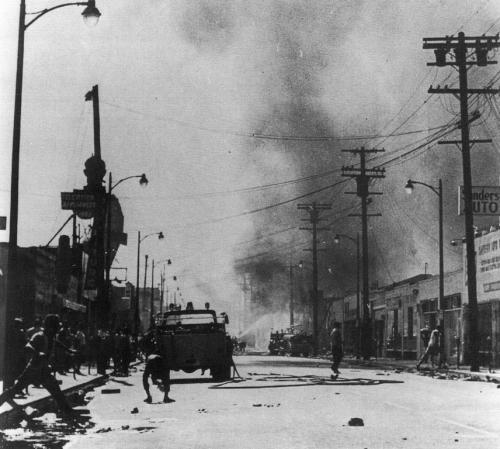
Over the course of 5 days, approximately 30,000 protesters held a revolt. The Watts community, which was economically depressed, led protests to draw attention to the egregious economic inequality that existed in the area. Some of the local stores were looted by struggling residents, unable to afford proper food and clothing. The Los Angeles Police Department drew the ire of the community as well, as protesters believed the LAPD exacerbated inequality amongst Watts residents and perpetuated racist stereotypes and treatment of African Americans.
On August 15, 1965, the Watts rebellion ended. Over 14,000 National Guard troops were sent to the area, patrolling the streets and effectively ending the riot. The damage done by the riot was huge. 34 people had died, 4,000 were arrests, 1,032 were injured, and an estimated $40 million in property damage was accrued. Though the days of protesting and revolt did not significantly change the conditions of Watts residents and the black population, the federal government did begin to address some of the needs concerning unemployment, education, housing discrimination, and health care. Lyndon B. Johnson began his “War on Poverty” in order to address these issues. Not long after these programs were funded, the Vietnam War took precedence and the funds were reallocated to wartime efforts. Today, Watts still faces the same problems that led to the first rebellion.
Source –http://www.blackpast.org/aaw/watts-rebellion-august-1965

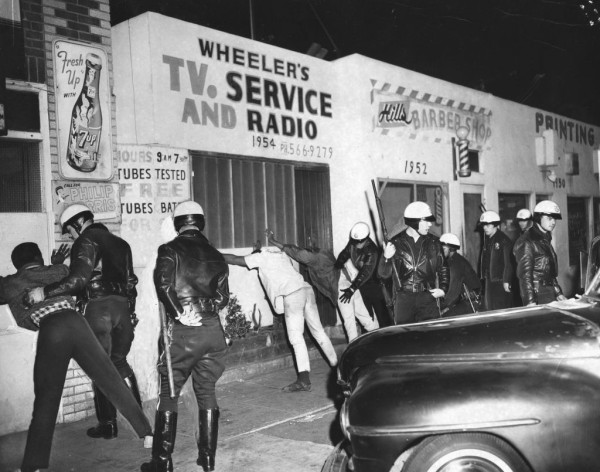




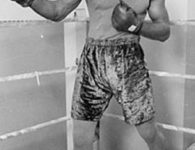


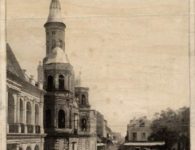
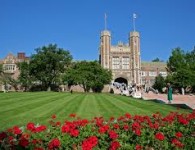
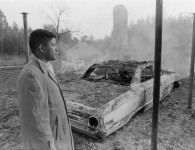
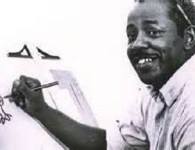
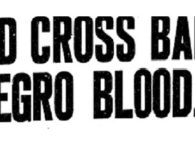

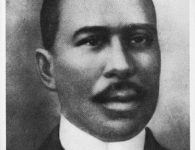
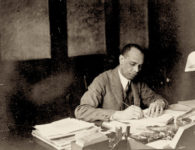
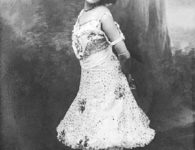
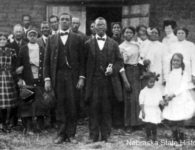



No comments